2015 Educational Neuroscience Conference Creating Pathways between the Brain & Student Success
Conference Speakers
The 2015 Educational Neuroscience Conference will feature presentations from the following researchers:
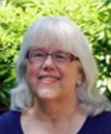
Virginia Berninger, Ph.D.
Professor of Educational Psychology
Research Affiliate, Center on Human Development and Disability
University of Washington
Virginia Berninger is a professor of educational psychology at the University of Washington and research affiliate with the Center on Human Development and Disability. Her research focuses on nature-nurture interactions in learning to read and write. She studies the phenotypes of functional reading and writing systems and related oral language and non-language processes in typically developing language learners and students with dyslexia, dysgraphia, or oral and written language learning disability in grades 4-9.
Visit Virginia's website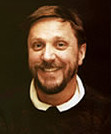
Lauren Harris, Ph.D.
Professor, Cognition and Cognitive Neuroscience
Michigan State University
Lauren Harris is a professor of psychology at Michigan State University. His primary research interests include cognitive and developmental neuropsychology. He is especially interested in the development of handedness and the psychological correlates of individual differences in lateralization of function, as indexed by direction and strength of handedness. Harris also has long-standing interests in the history of theory and research on localization of function in the nervous system.
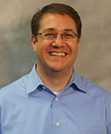
Edward Hubbard, Ph.D.
Assistant Professor of Educational Psychology
University of Wisconsin-Madison
Edward M. Hubbard is an assistant professor in the Department of Educational Psychology, Neuroscience Training Program, and Waisman Center at the University of Wisconsin-Madison, where he directs the Educational Neuroscience Lab. His research focuses on the neural basis of numerical cognition, synesthesia and multisensory integration.
After completing his doctorate in 2004, Hubbard held post-doctoral appointments with Stanislas Dehaene and Bruce McCandliss before moving to Madison in 2012. He is the author of more than 30 publications, including articles in Neuron, Nature Reviews Neuroscience, and Science and is the co-editor of the Oxford Handbook of Synesthesia.
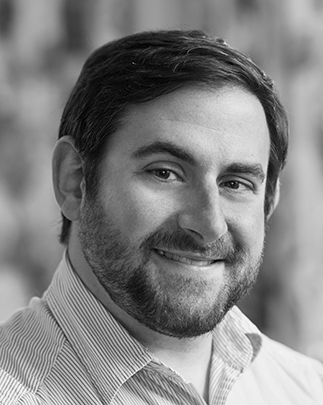
David Kraemer, Ph.D.
Assistant Professor of Education
Dartmouth College
David Kraemer is the principle investigator of the Cognitive Neuroscience of Learning Laboratory at Dartmouth College. His work focuses on different forms of linguistic and non-linguistic semantic processing, with an emphasis on the role of domain-specific brain regions (e.g., visual cortex, auditory cortex) during the retrieval of conceptual knowledge and imagery. Using fMRI, genotyping and behavioral techniques, he also explores how language is used to access these representations and how the process varies for individuals. As an assistant professor of education, Kraemer draws connections between key research findings in the fields of education, cognitive psychology and neuroscience.
Visit David's website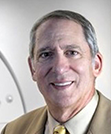
Dennis Molfese, Ph.D.
Founding Director Emeritus, Center for Brain, Biology & Behavior
Professor, Department of Psychology
University of Nebraska-Lincoln
Dennis Molfese is the Mildred Francis Thompson professor and director of the Center for Brain, Biology and Behavior; director of the Big Ten Conference Intercollegiate Concussion Research Group; and director of the Developmental Neuroscience Laboratory at the University of Nebraska–Lincoln.
Molfese is an internationally recognized expert on the use of brain recording techniques to study the emerging relationships between brain development, language and cognitive processes that extend from the prenatal period into adulthood. He has more than four decades of extensive experience in collecting, integrating and analyzing behavioral and brain imaging data while conducting large-scale longitudinal studies involving infants, toddlers, preschool and school-age children, as well as adults including aged populations.